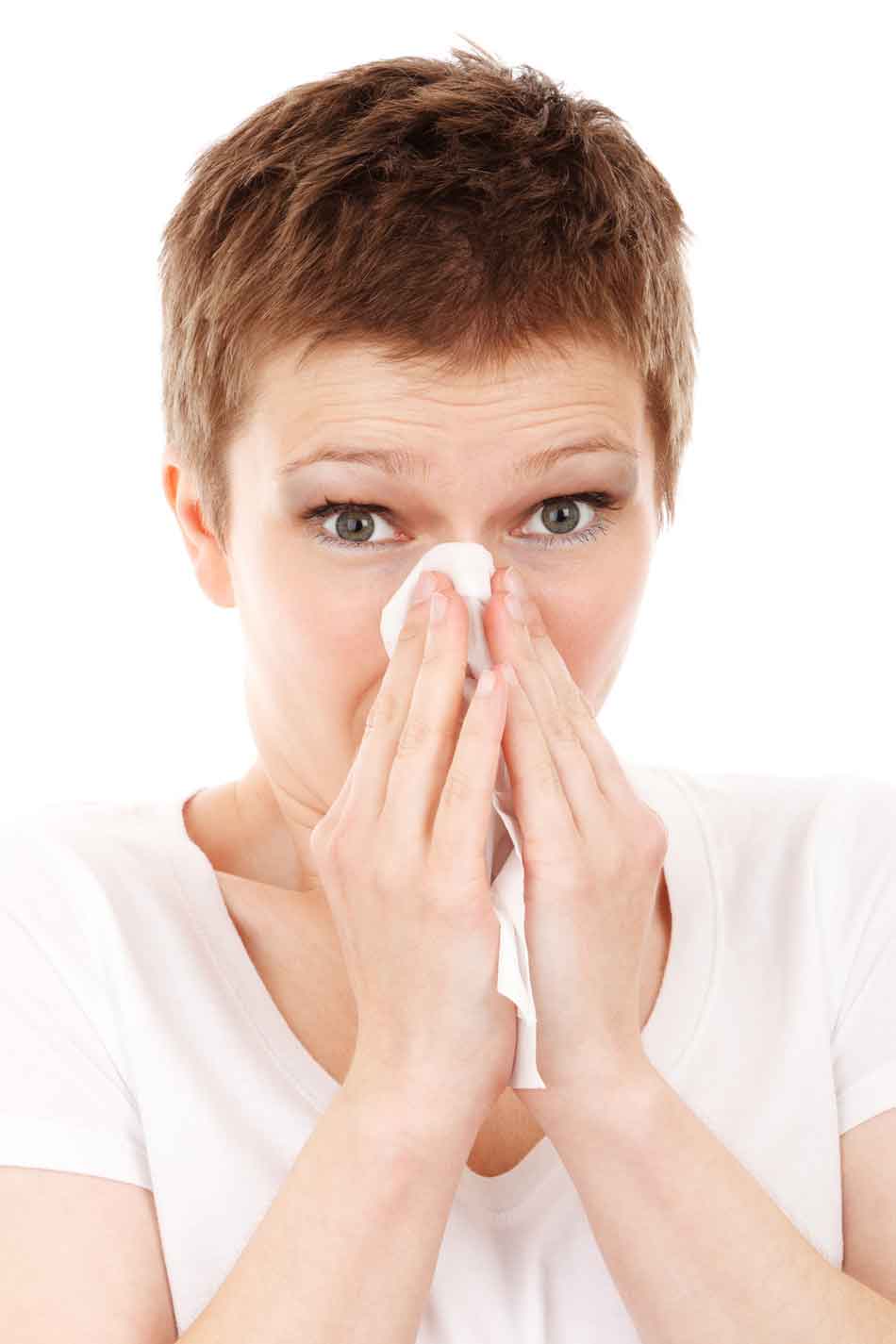Allergy Season is Here
Allergy season is here! Just when you think it’s great to get outside and enjoy the warmer weather after a brutal winter, the pollen gets in your way and you’re stuck trying to breathe and take care of those itchy, watery eyes.
Allergy season can be brutal for some of us. In fact, allergies are the sixth-leading cause of chronic illnesses in the United States. More than 50 million Americans experience some form of allergies each year.
When does allergy season start?
For some, it never ends. Typical allergies year-round consist of mold, pet dander, and those pesky dust mites. However, there are such things as “seasonal allergies”.
Seasonal allergens, like pollens, rear their ugly heads during spring. Tree pollen, for example, makes its debut between late March and early April, while grass pollen becomes evident in late spring during the month of May. From July to August you can bet on weed and ragweed pollen saying hello as an uninvited visitor.
rear their ugly heads during spring. Tree pollen, for example, makes its debut between late March and early April, while grass pollen becomes evident in late spring during the month of May. From July to August you can bet on weed and ragweed pollen saying hello as an uninvited visitor.
For those who need to keep updated daily on the allergy forecast, pollen.com has a National Allergy Map. This map gives a five-day forecast specific to allergens to help you decide whether or not today is a good picnic day, or if it’s an order-in type of day.
What are the symptoms of seasonal allergies?
Seasonal allergy symptoms include:
- Stuffy nose (nasal congestion)
- Sneezing
- Itchy eyes, nose, ears, and mouth
- Runny nose
- Mucus production
- Swelling around the eyes
- Red and watery eyes
- Fatigue
- Postnasal drip
- Rhinorrhea
Less common seasonal allergy symptoms:
- Bronchitis
- Asthma
- Chronic fatigue
- Depression
- Difficulty concentrating
- Lack of endurance
- Sinusitis
- Sleep disorders
- Upper respiratory tract infections
How do I know I have allergies?
It can be easy to confuse a common cold with allergies. Your provider or pharmacist is able to help you determine if you have a common cold or if you have seasonal allergies. The symptoms are very similar, but a common cold is often accompanied by aches and pains and can last between 3 and 14 days, whereas seasonal allergies can drag on for quite some time.
Is there a cure for allergies?
Short answer, no. There is no cure for allergies, but you are able to manage them with prevention and treatment. It is one of the countries most common diseases.
When should I take allergy medications?
While a lot of people take medications after they get sick, if you suffer from allergies, allergy medication is something you want to get a head start on prior to feeling the lousy effects. Knowing when allergy season starts is helpful in getting a great head start on taking meds. Allergists recommend taking your allergy medications a couple of weeks prior to allergy season. If you do not like taking medication, but you need them to get by during allergy season, be sure to take them the moment you start feeling symptoms to help combat the severity of symptoms.
If you need help choosing an allergy medication, or if you don’t know which one is right for you, contact your allergist or primary care provider right away. If you’re already taking over the counter allergy medications and you’re not seeing improvement, or your symptoms are getting worse, check with your provider to discuss options such as allergy shots (allergen immunotherapy).
What are seasonal allergy treatment and prevention options?
While some allergens are avoidable, seasonal allergens are not. To help you deal with these pesky seasonal guests, here are some tips:
- While slightly a muddy choice, get outside after it rains as the pollen in the air is reduced
- Keep updated with pollen counts. You can do this by listening to radio and television reports
- While hanging laundry out to dry can be nice, pollen has a tendency to cling to your clothing
- When working outside during high pollen counts, wear a pollen mask
Medications that help with taming seasonal allergies:
- Antihistamines that help relieve your itching and nasal congestion
- Decongestants to help reduce inflammation and nasal discomfort
- Immunotherapy injections and sublingual tablets to desensitize the body to an allergen
- Oral corticosteroids to treat severe allergic reactions
- Steroid nasal spray to treat inflammation, itching, and nasal discharge
As with all medications, talk to your provider first before starting any of these.
There are alternative resources to help with symptoms of seasonal allergies. These include sinus rinses, Vitamin C, Bromelain, and Quercetin to name a few.
Call to schedule your appointment with your provider here at CFMC today. 336-694-9331
References:
- American College of Allergy, Asthma, and Immunology. Allergy Facts. March 2018
- National Institutes of Health and Friends of the National Library of Medicine
- Mayo Clinic. Seasonal Allergies: Nip them in the bud
- Asthma and Allergy Foundation of America (AAFA)


